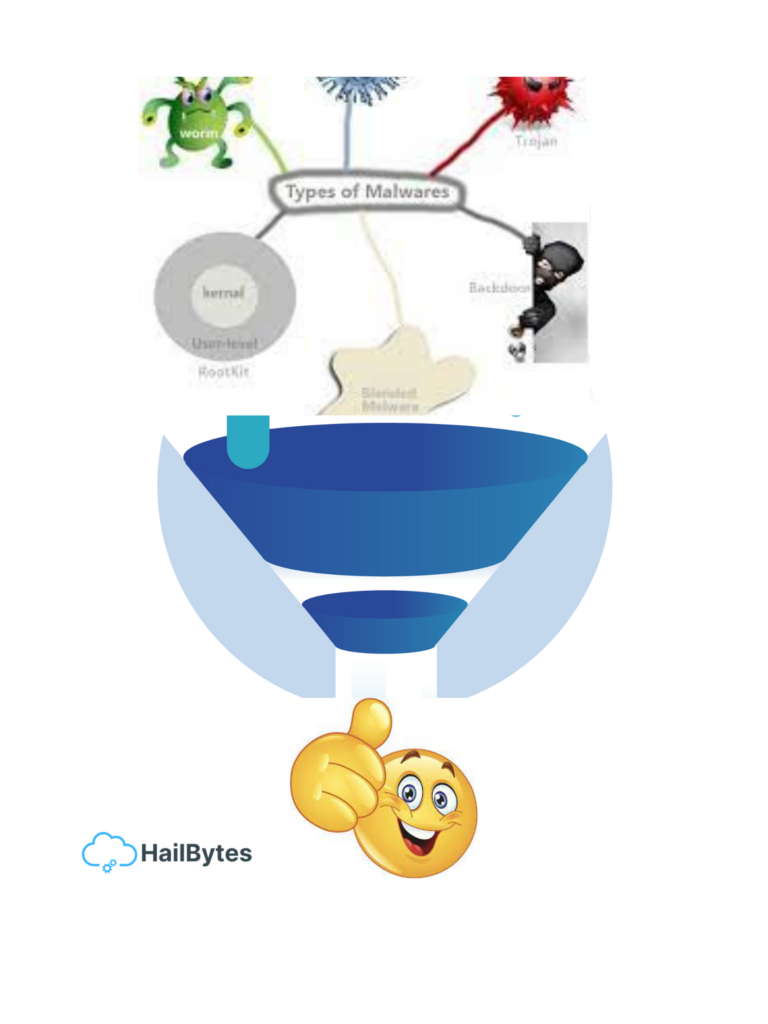Benefits of Using Web-Filtering-as-a-Service

What is Web-Filtering
A Web filter is computer software that limits the websites a person can access on their computer. We use them to prohibit access to websites that host malware. These are usually sites associated to pornography or gambling. To put it simply, web filtering software filters out the web so that you don’t access websites that may host malware that will affect your software. They allow or block online access to places websites that may have potential dangers. There are many Web-Filtering services that do this.
Consequences of the Web
The internet has huge amounts of helpful resources. But because of the vastness of the internet, it’s also one of the most dominant vectors in cybercrime. To defend against web-based attacks, we would need a multi-layered security strategy. This would include things like firewalls, multifactor authentication, and antivirus software. Web filtering is another layer of this security. They prevent harmful activity before it reaches an organization’s network or user devices. These harmful activities can include hackers stealing information or children finding adult content.
Benefits of Web-Filtering
That’s where Web-Filtering comes in. We can use Web-Filtering for all kinds of purposes and by all kinds of people. There are risky websites and file types that are likely to contain harmful software. These harmful software are called malware. By preventing access to these websites, an enterprise web filtering service would try to safeguard a network within an organization from risks that originate from the internet. Enterprise web filtering solutions can also boost employee productivity, stave off potential HR issues, solve bandwidth problems, and enhance the customer service a business provides. The productivity can apply to students as well whether it’s in school or at home. The school or parents can filter out gaming sites or block access to the ones that have been a problem. It is also possible to block a category except for ones on an allowed list. For example, social media can be very distracting everywhere we go. We could even block it for ourselves if we want to cut back on it. But, LinkedIn is a form of social media and can be on the allowed list. Or we may need to contact people on a certain social media like messenger then it can be on the allowed list. Many schools will use web content filtering to block websites with inappropriate content. They may use it to prevent users from accessing particular content or lower web security risks.



